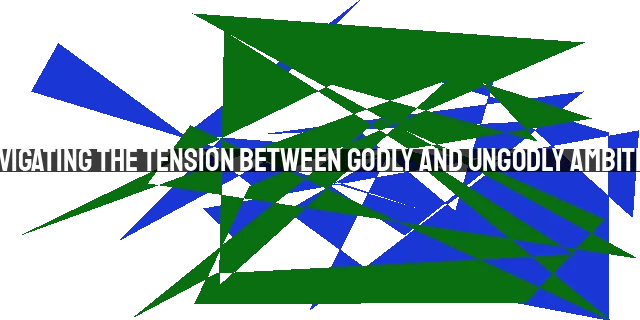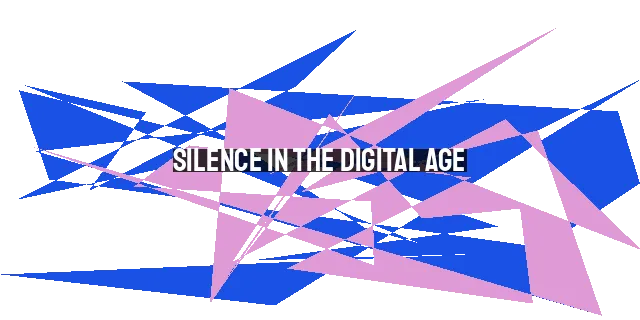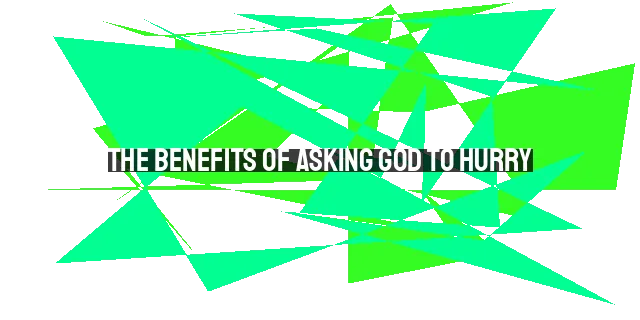Christian Hub
1 year ago
Divergent: Exploring the Depravity of Human Nature and the Need for Redemption
In the dystopian world of "Divergent," humanity is on the brink of destruction once again. The story revolves around sixteen-year-old Beatrice, also known as Tris, who finds herself in the midst of a collapsing society. To prevent another disaster, society is divided into five factions, each with its own focus on a specific virtue. However, the underlying problem lies in the deep-rooted depravity of human nature.
Veronica Roth, the author of the bestselling book series "Divergent," partnered in the production of the movie adaptation. This collaboration ensures that the film stays true to the themes presented in the written medium. While Roth does not intend for the trilogy to be Christian fiction, there are glimpses of a biblical worldview throughout the story.
One of the major themes with Christian underpinnings is forgiveness. In the world of "Divergent," forgiveness plays a crucial role in the characters' development. Another significant theme is self-sacrifice, which becomes more prominent as the trilogy progresses. However, the most striking aspect of the first book is Roth's depiction of human nature.
According to the story, the collapse of society is attributed to human personality and the inclination towards evil. This echoes the biblical understanding of human sinfulness. In the Bible, it is stated that all have sinned and fallen short of the glory of God (Romans 3:23). The human heart is described as deceitful above all things and desperately sick (Jeremiah 17:9). These passages highlight the total depravity of humanity, encompassing all aspects of human nature, including the fallen intellect.
Tris, the protagonist, recognizes the limitations of human reason and authority. She realizes that relying solely on human intellect can lead to justifying any evil act. This realization aligns with the biblical teaching that the wisdom of the world is foolishness in God's sight (1 Corinthians 3:19). Tris's skepticism towards authority reflects the biblical understanding that no human being is righteous on their own (Romans 3:10).
Throughout the story, Tris encounters numerous instances of human flaws and the consequences they bring. Her mother warns her about the inherent flaws of humanity and how they inevitably lead to the resurgence of evil. This mirrors the biblical understanding that human beings, as a whole, cannot remain good for long before succumbing to sin once again.
The realistic view of human nature portrayed in "Divergent" is not the prevailing perspective in secular society. It diverges from the typical Hollywood narrative and aligns more closely with the biblical anthropology. The Bible tells stories of humanity's wickedness and the innate evil in the human heart. In the account of Noah and the flood, it is stated that the wickedness of man was great in the earth, and every intention of the thoughts of his heart was only evil continually (Genesis 6:5). This depiction of humanity's sinful nature is rarely seen in mainstream movies.
While "Divergent" remains a sub-Christian story, Roth's Christian faith is evident in her portrayal of human nature. She highlights the desperate need for humanity to be rescued from its own depravity. This serves as a form of pre-evangelism, raising questions and creating a longing for something greater. As Christian readers, we can appreciate Roth's exploration of these themes and use them as opportunities to engage in conversations about the true nature of humanity and the need for redemption.
In conclusion, "Divergent" offers a thought-provoking glimpse into the depravity of human nature and the need for salvation. The story aligns with the biblical understanding of human sinfulness and the limitations of human reason. While not explicitly Christian, the themes presented in the trilogy provide an opportunity for Christians to engage in meaningful discussions about the nature of humanity and the hope found in Christ. Let us pray that more people would recognize their need for a Savior and find redemption in Him.
Veronica Roth, the author of the bestselling book series "Divergent," partnered in the production of the movie adaptation. This collaboration ensures that the film stays true to the themes presented in the written medium. While Roth does not intend for the trilogy to be Christian fiction, there are glimpses of a biblical worldview throughout the story.
One of the major themes with Christian underpinnings is forgiveness. In the world of "Divergent," forgiveness plays a crucial role in the characters' development. Another significant theme is self-sacrifice, which becomes more prominent as the trilogy progresses. However, the most striking aspect of the first book is Roth's depiction of human nature.
According to the story, the collapse of society is attributed to human personality and the inclination towards evil. This echoes the biblical understanding of human sinfulness. In the Bible, it is stated that all have sinned and fallen short of the glory of God (Romans 3:23). The human heart is described as deceitful above all things and desperately sick (Jeremiah 17:9). These passages highlight the total depravity of humanity, encompassing all aspects of human nature, including the fallen intellect.
Tris, the protagonist, recognizes the limitations of human reason and authority. She realizes that relying solely on human intellect can lead to justifying any evil act. This realization aligns with the biblical teaching that the wisdom of the world is foolishness in God's sight (1 Corinthians 3:19). Tris's skepticism towards authority reflects the biblical understanding that no human being is righteous on their own (Romans 3:10).
Throughout the story, Tris encounters numerous instances of human flaws and the consequences they bring. Her mother warns her about the inherent flaws of humanity and how they inevitably lead to the resurgence of evil. This mirrors the biblical understanding that human beings, as a whole, cannot remain good for long before succumbing to sin once again.
The realistic view of human nature portrayed in "Divergent" is not the prevailing perspective in secular society. It diverges from the typical Hollywood narrative and aligns more closely with the biblical anthropology. The Bible tells stories of humanity's wickedness and the innate evil in the human heart. In the account of Noah and the flood, it is stated that the wickedness of man was great in the earth, and every intention of the thoughts of his heart was only evil continually (Genesis 6:5). This depiction of humanity's sinful nature is rarely seen in mainstream movies.
While "Divergent" remains a sub-Christian story, Roth's Christian faith is evident in her portrayal of human nature. She highlights the desperate need for humanity to be rescued from its own depravity. This serves as a form of pre-evangelism, raising questions and creating a longing for something greater. As Christian readers, we can appreciate Roth's exploration of these themes and use them as opportunities to engage in conversations about the true nature of humanity and the need for redemption.
In conclusion, "Divergent" offers a thought-provoking glimpse into the depravity of human nature and the need for salvation. The story aligns with the biblical understanding of human sinfulness and the limitations of human reason. While not explicitly Christian, the themes presented in the trilogy provide an opportunity for Christians to engage in meaningful discussions about the nature of humanity and the hope found in Christ. Let us pray that more people would recognize their need for a Savior and find redemption in Him.



POST COMMENT
For post a new comment. You need to login first. Login
COMMENTS(0)
No Comment yet. Be the first :)